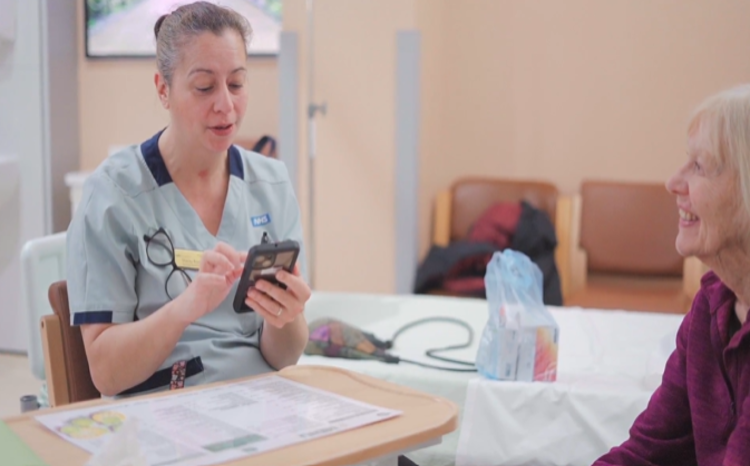RHN goes live with PatientSource AI tool to detect patient deterioration
- 4 June 2024

British electronic patient record (EPR) provider PatientSource has this month rolled out an AI tool that enables early detection of patient deterioration at the Royal Hospital for Neuro-disability (RHN).
A pilot began at the independent medical charity RHN in January 2023, using five years of data amassed in the PatientSource EPR at the hospital.
Data scientists and researchers at RHN used machine learning and AI to train and refine the ‘MEMORI’ AI tool on the data set, comparing digital results with real-world historic outcomes.
The MEMORI tool works by building on the National Early Warning Score (NEWS) through analysis of the current observations combined with a deep analysis of the patient’s historical data within the PatientSource EPR across an array of biomarkers, test results, and clinical notes.
This builds a personalised view of the patient, enabling early detection of patient deterioration, up to 48 hours earlier than the traditional NEWS system.
During a period of ‘shadow analysis’ at the point of care, live data proved sufficiently successful to use the AI tool on the ward.
It has now gone live in the Draper’s Ward, for patients with brain injuries, in June 2024 with the pilot expected to conclude in Autumn 2024.
The pilot will be followed by careful monitoring of use, with the expectation that the MEMORI tool will be rolled out across the hospital’s other 11 wards if successful.
Dr Mike Brooks, co-founder and chief medical officer at PatientSource, told Digital Health News that the aim is to “identify if a patient is deteriorating before any one of their vital signs goes even slightly abnormal”.
Brooks said that there are active discussions with NHS trusts across England about implementing the AI tool.
He added that PatientSource’s modular approach to EPRs is different to the traditional ‘big bang’ approach taken by larger firms such as Epic and Oracle Health.
The PatientSource EPR has been implemented at 14 sites including James Paget NHS Foundation Trust, Circle Health, and other organisations including private providers, charities and government departments.
“Instead of going live all at once we try to roll out module by module, ward by ward and we’ve proven this time and again now across our 14 sites.
“We are discussing how they can use our solution on top of existing software (whilst giving staff a single sign-on) in order to reach full EPR functionality and make the most of the contracts they currently have in place.
“The fact that they can add more modules later, such as AI deterioration detection, and can easily integrate PatientSource into other systems, puts them in a futureproof position,” Brooks said.





